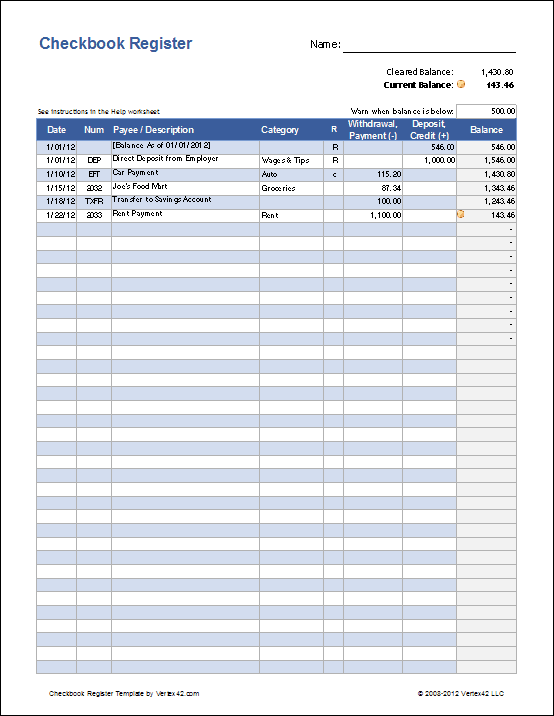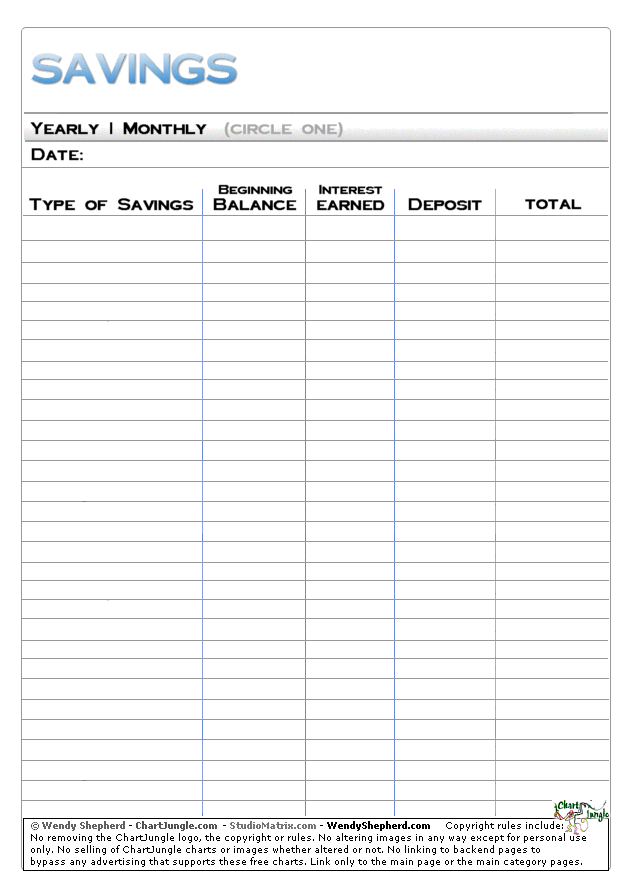
 The actual ISA tracker funds you invest in. The Stocks and Shares ISA provider you pick. You need to think about two key things when choosing the best index tracker ISA: These charges are deducted from within the funds themselves and so are reflected in the overall performance of the funds. Typically, an index tracker fund will charge around 0.1%, whereas a managed fund will charge between 0.5% and 1% per annum. You can find a funds’ charges in the Key Investor Information Documents listed as OCF / TERs. This means that they charge their investors more money to cover the costs. Perhaps the most attractive factor of index tracker funds is the low management fees.Ī managed fund needs to pay professionals to research, monitor and rebalance the fund constantly, which costs a lot of money. If one company in the index goes bust, the index tracker’s performance will not take as much of a hit as the other 99% of holdings will dilute the effect. Not only do you not have to research the individual companies to invest in, but you also benefit from the diversification of your portfolio. Instead of picking a handful of companies in a particular index to invest in, you can get exposure to potentially hundreds of companies through one fund. Whether it’s technology, the Japanese stock market, or smaller UK companies, you can directly invest in a sector you think will perform well. Index tracker funds offer a unique ability to invest in a particular index or sector that you think will perform well. What are the benefits of an index tracker fund ISA? There is a wide range of sectors and indexes available, and some trackers will invest in similar areas so you will need to compare the pros and cons of each to find the best one for you. This list gives you an idea of why kinds of indexes and sectors you can gain exposure to via an index tracker fund ISA: There are many index tracker funds listed on the London Stock Exchange that track international markets and indexes and you can hold these in a Stocks and Shares ISA account. What are some examples of indexes that tracker funds invest in? It will give each company a weighting based on the market capitalisation of their shares (share price multiplied by the number of shares in issue) so that any movement in each company’s value will correctly affect the overall performance of the FTSE tracker ISA. How do index tracker funds work?Īn index tracker fund aims to replicate the direct performance of a specific stock index, usually by investing proportionately in the underlying shares in that index.įor example, a FTSE 250 index tracker fund will pool its investors’ money together and then spread it across all of the companies listed in the FTSE 250. However, while the charges are lower, the investments are not weighted for risk levels or monitored for performance or strategic investment purposes, so they can sometimes be outperformed by managed funds in similar sectors. Index tracker fund managers do not need to outperform a benchmark or make any risk-based investment decisions, so the management fees they charge to their investors are usually a lot lower compared to standard managed funds. In 1988, HSBC was one of the first providers of index trackers in the UK.Index tracker funds are designed to directly track a stock index in order to replicate its performance.
The actual ISA tracker funds you invest in. The Stocks and Shares ISA provider you pick. You need to think about two key things when choosing the best index tracker ISA: These charges are deducted from within the funds themselves and so are reflected in the overall performance of the funds. Typically, an index tracker fund will charge around 0.1%, whereas a managed fund will charge between 0.5% and 1% per annum. You can find a funds’ charges in the Key Investor Information Documents listed as OCF / TERs. This means that they charge their investors more money to cover the costs. Perhaps the most attractive factor of index tracker funds is the low management fees.Ī managed fund needs to pay professionals to research, monitor and rebalance the fund constantly, which costs a lot of money. If one company in the index goes bust, the index tracker’s performance will not take as much of a hit as the other 99% of holdings will dilute the effect. Not only do you not have to research the individual companies to invest in, but you also benefit from the diversification of your portfolio. Instead of picking a handful of companies in a particular index to invest in, you can get exposure to potentially hundreds of companies through one fund. Whether it’s technology, the Japanese stock market, or smaller UK companies, you can directly invest in a sector you think will perform well. Index tracker funds offer a unique ability to invest in a particular index or sector that you think will perform well. What are the benefits of an index tracker fund ISA? There is a wide range of sectors and indexes available, and some trackers will invest in similar areas so you will need to compare the pros and cons of each to find the best one for you. This list gives you an idea of why kinds of indexes and sectors you can gain exposure to via an index tracker fund ISA: There are many index tracker funds listed on the London Stock Exchange that track international markets and indexes and you can hold these in a Stocks and Shares ISA account. What are some examples of indexes that tracker funds invest in? It will give each company a weighting based on the market capitalisation of their shares (share price multiplied by the number of shares in issue) so that any movement in each company’s value will correctly affect the overall performance of the FTSE tracker ISA. How do index tracker funds work?Īn index tracker fund aims to replicate the direct performance of a specific stock index, usually by investing proportionately in the underlying shares in that index.įor example, a FTSE 250 index tracker fund will pool its investors’ money together and then spread it across all of the companies listed in the FTSE 250. However, while the charges are lower, the investments are not weighted for risk levels or monitored for performance or strategic investment purposes, so they can sometimes be outperformed by managed funds in similar sectors. Index tracker fund managers do not need to outperform a benchmark or make any risk-based investment decisions, so the management fees they charge to their investors are usually a lot lower compared to standard managed funds. In 1988, HSBC was one of the first providers of index trackers in the UK.Index tracker funds are designed to directly track a stock index in order to replicate its performance. 
Intelligent and efficient handling of index changes, corporate actions and dividend enhancement.Portfolios are implemented using physical replication and optimisation.We minimise explicit and implicit transaction costs to mirror index returns as closely as possible.Our teams have a clear focus on managing risk - at the start of the portfolio construction process and on a daily basis thereafter.Our tracking methodology and management approach focus on adding value we aim for returns that closely track the index, while remaining within target tracking tolerances.
/188044056-5bfc391b46e0fb0083c43272.jpg)
We take a pragmatic approach to managing index funds with two equally important objectives: close tracking and increasing risk-adjusted returns.We select indices with the greatest transparency and liquidity and that capture the best possible representation of the market.Index selection is a major contributing factor to strong investment performance. Passive funds are only as good as the indices they track. Since 1988, when we launched the first fund, we have expanded our product range in line with the changing needs of clients around the world. HSBC was one of the first providers of index trackers in the UK.




/188044056-5bfc391b46e0fb0083c43272.jpg)


 0 kommentar(er)
0 kommentar(er)
